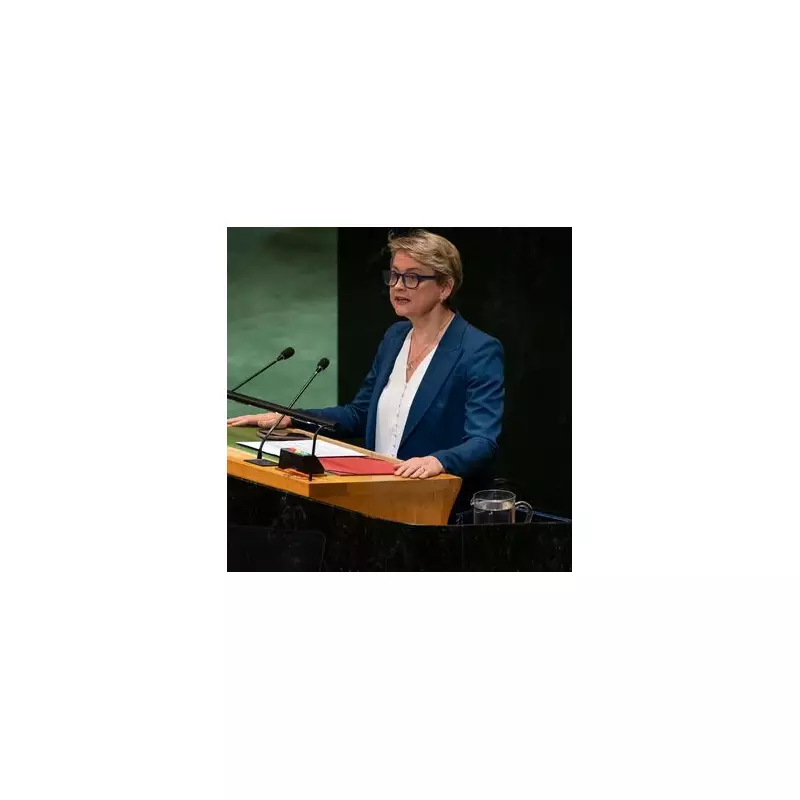
In a powerful and sobering intervention, Shadow Home Secretary Yvette Cooper has declared that the prospects for a two-state solution in the Middle East are now on 'life support'. The senior Labour figure issued a stark warning that the current trajectory points towards a future of perpetual violence and insecurity for both Israelis and Palestinians.
A Call for Urgent UK Leadership
Cooper challenged the Conservative government to outline a concrete strategy for securing a lasting ceasefire and reviving the peace process. She emphasised that the UK must use its diplomatic influence to prevent the complete disintegration of a solution that has been the cornerstone of international policy for decades.
'The government needs to set out what specific actions it is taking, what the strategy is for how we get to that sustainable ceasefire, and then how we get to that long-term political solution,' Cooper stated, framing the situation as a critical test of UK leadership on the global stage.
Aligning with Labour's Foreign Policy Shift
Her comments align with the recent forceful stance taken by Shadow Foreign Secretary David Lammy, who has also pressed ministers for a clearer plan. This coordinated approach signals a robust Labour foreign policy focused on proactive diplomacy, contrasting with their criticism of the government's 'quiet diplomacy' as insufficient for the current crisis.
The two-state solution, which envisions an independent State of Palestine alongside the State of Israel, has been the internationally endorsed framework for peace. However, years of stalled negotiations, ongoing settlement expansion, and the recent devastating conflict in Gaza have pushed this vision to the brink.
The Stakes for Regional Stability
Cooper's use of the term 'life support' underscores the extreme fragility of the situation. The implication is clear: without immediate and concerted international intervention, including strong UK leadership, the chance for a peaceful resolution may be lost entirely, condemning the region to further cycles of conflict.
This intervention places the UK's role in Middle East diplomacy firmly under the spotlight, demanding a response from Downing Street and setting the stage for foreign policy to become a key battleground in the coming political debates.






